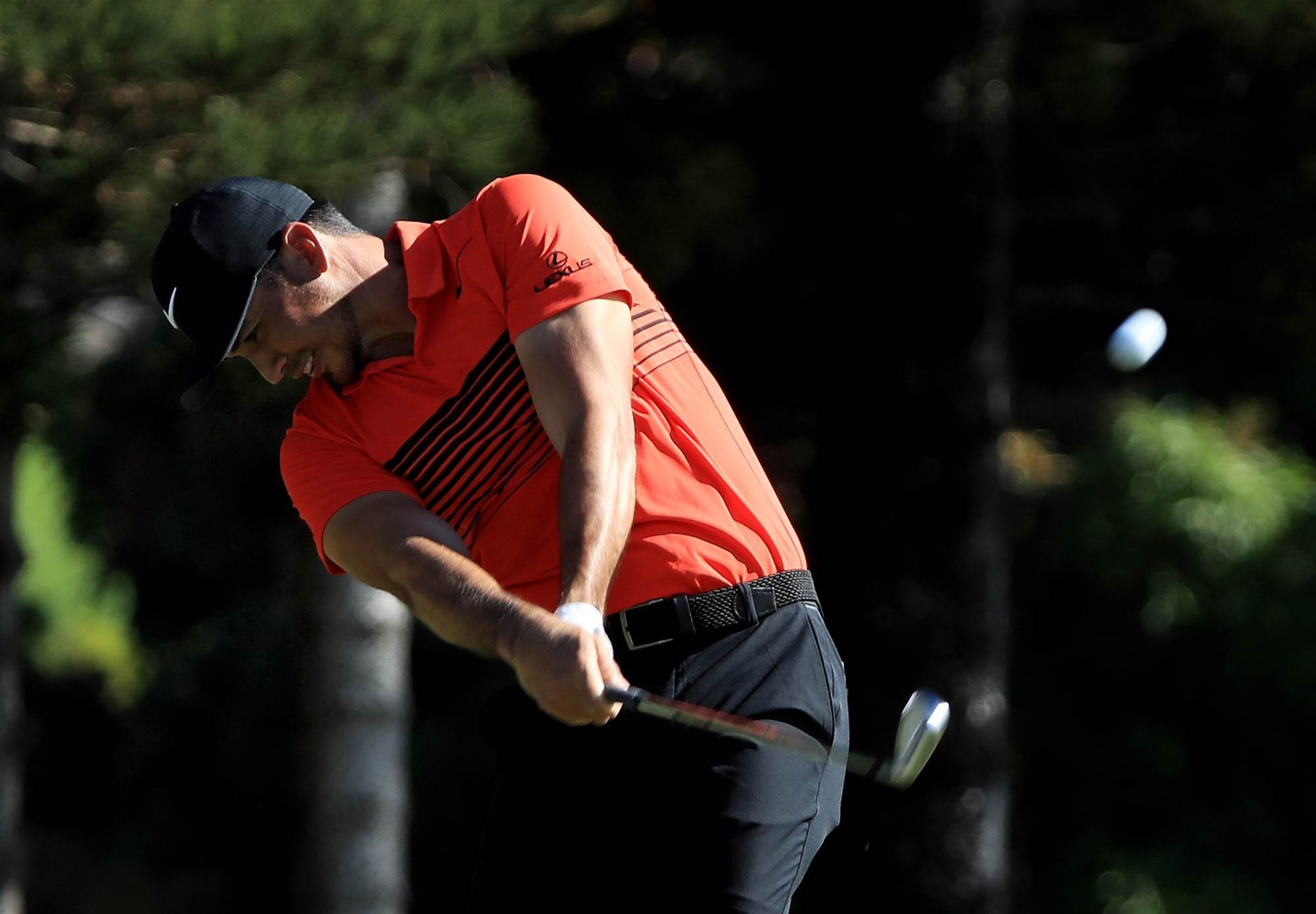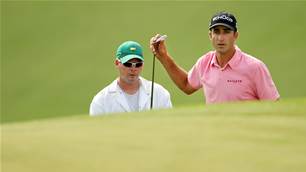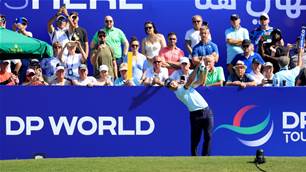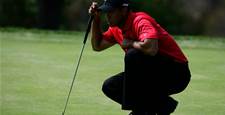It’s a fact of golfing life that the subject of slow play is guaranteed to provoke a reaction in almost every player.
That was certainly the case recently, when Jason Day went public with his intention to take longer over shots in the coming year.
For me though, the rate at which people get themselves round 18-holes has always been complicated. There are a few factors involved, especially at the professional level.
For one thing, the courses today are longer than they have ever been. So even if everyone is playing at the same speed as, say, ten years ago, it is going to take longer to get round. Greens today are faster too. It’s more difficult to putt “stiff” from distance and second putts are typically longer, so there is more marking and waiting going on.
Like it or not, playing golf at the highest level has never before been so deeply analysed and “scienced-up.”
Then there is the fact that we play for so much money and world ranking points these days. Many shots have the potential to be life-changing, so it is understandable that pros pay more attention than they used to. Certainly, none of the early starters on Sundays are running round like they used to when the financial difference between, say, the 35th and 25th places was negligible.
Throw in the advances in coaching and psychology and guys are taking longer and longer to hit the ball. There’s more thinking going on than ever before, with Jason a prime example. It looks like he has a check-list of boxes he likes to work through before every shot. He’s not like Seve Ballesteros or Arnold Palmer, instinctively stalking the ball. He’s making sure he gets everything right in a way that he knows works for him. And he’s far from alone. Like it or not, playing golf at the highest level has never before been so deeply analysed and “scienced-up.”
The problem is, if a few guys are playing really slowly, there is no motivation for anyone else to play quicker. The group ahead is already holding you up. So there is a snowball effect. There is no point in rushing if all you are going to do is wait on the next tee. The speed of any convoy is dictated by the slowest member.

Fixing all of the above is far from easy. Simply timing people on individual shots clearly doesn’t work. Someone taking two minutes to play a tricky shot now and then isn’t a problem anyway. The slow players I know tend not to be ready when it is their turn. They don’t pay attention and don’t seem to be aware of what is going on around them. And they don’t appear to have a conscience when it comes to their effect on other players.
Take Jason. I wouldn’t ever call him selfish, but he does get in his own little world. He’s the best golfer in the world when he’s in there. So he doesn’t have room for anything outside that sphere, if he wants to play his best, which is fine for him. But the problem is the knock-on effect.
That’s true everywhere except Japan, which is the fastest place in the world to play professional golf. It’s an honour thing. No one wants to be the guy singled out as the one who held up the field and that culture self-polices the whole thing.
Elsewhere, things are different. But I can’t say I agree with the way guys are timed and/or penalised.
An individual shot really has nothing to do with whether someone is slow or not. Take Augusta National. Let’s say I hit every shot within ten-seconds all the way to the par-3 12th. But I’m playing with someone who is really slow. So we’re “on the clock.”
On the tee the wind is spinning around and I can’t make up my mind what to do. Should I not be able to take a couple of minutes to play that shot? I’m not holding-up the field. And this is the Masters. But, as things stand, I will get a bad time, despite being the fastest player in the field to that point. That’s not really fair.
All of which is partly why the PGA Tour in the US is reluctant to hand out penalties. If they followed the letter of the law, people would be fined and docked shots all the time. No one really thinks that is the way to go.
Besides, wouldn’t it be better if we rewarded fast players rather than punish slow players? How about a timing “money list?” That would achieve both, assuming we find a fair way to time players on every shot. We’d know exactly who is quick and who is slow. In other words, let’s make it cool to be fast.
Related Articles

Ogilvy: All that really matters is what the ball does

Ogilvy: The one time I played well enough at Augusta to actually win












